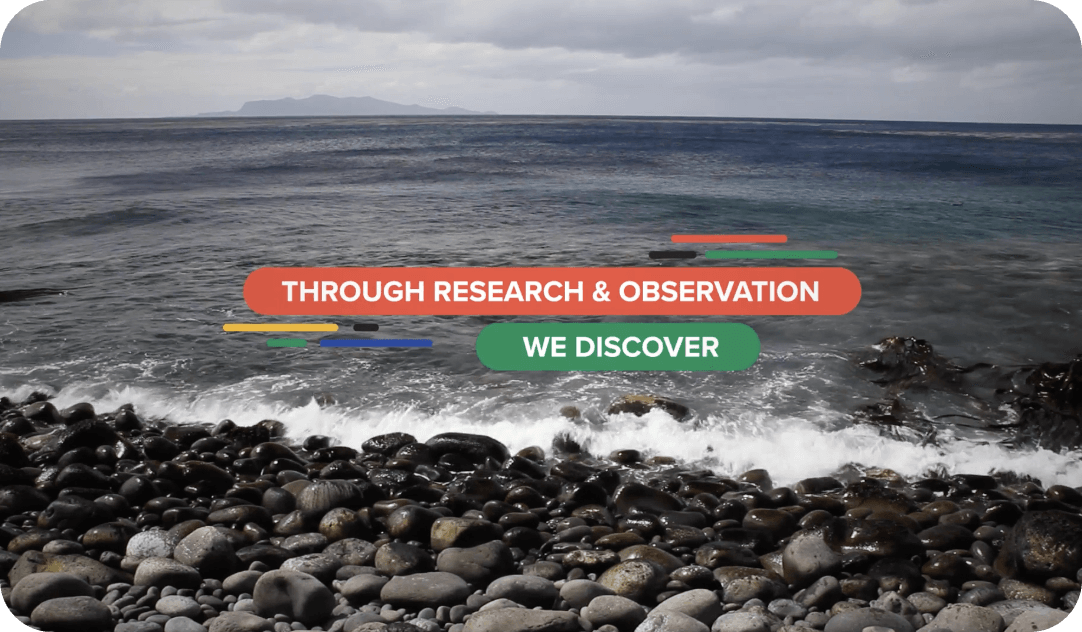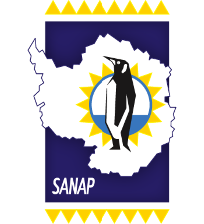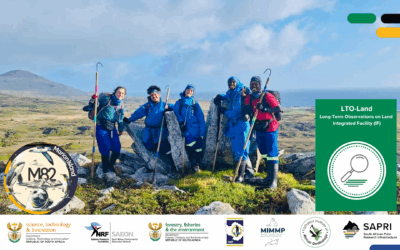
Transforming, consolidating & strengthening
MARINE & POLAR RESEARCH
The ultimate objective of SAPRI is to enable balanced research growth across the marine and polar disciplines, and to maintain and further expand the world-class long-term observational datasets already established.
ABOUT SAPRI
The SAPRI was established in 2021 to ensure coordination of South African marine and Antarctic research as a national Big Science programme, providing seamless access to existing and new research infrastructure required to develop and enhance long-term observations of South Africa’s polar region.
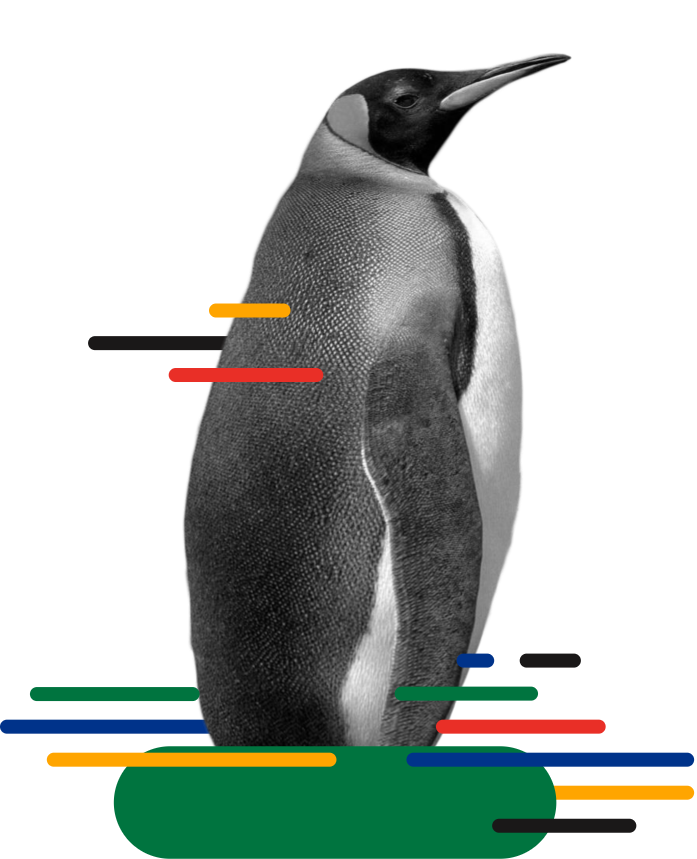


Data, Products & Society (DPS)

Bringing together the SAPRI Data Centre, the various types of generated data and downstream products, including modelling and the societal outreach programme.
Read MoreLong-term Observations on Land (LTO-Land)
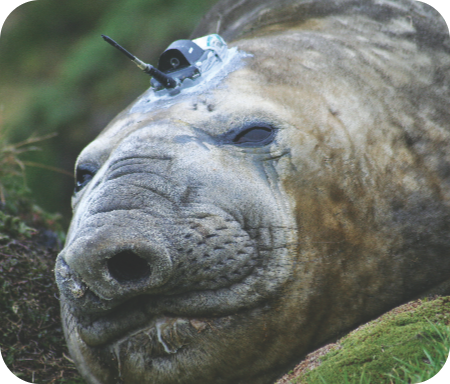
Ensuring the continuity of the established long-term observation networks in three different regions: the Prince Edward Island system (Marion and Prince Edward Islands), Gough Island; and, the Dronning Maud Land (DML) section of Antarctica where the South African Expedition Station (SANAE IV) is located.
Read MoreLong-term Observations of the Ocean (LTO-Ocean)
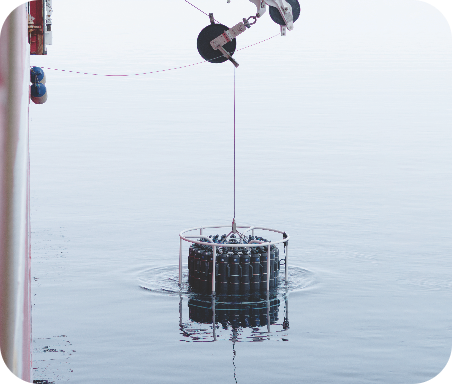
Ensuring the continuity of the established long-term observation networks in the oceans surrounding South Africa, including the Southern Ocean, the South-West Indian Ocean, and the South Atlantic Ocean.
Read MorePolar Lab
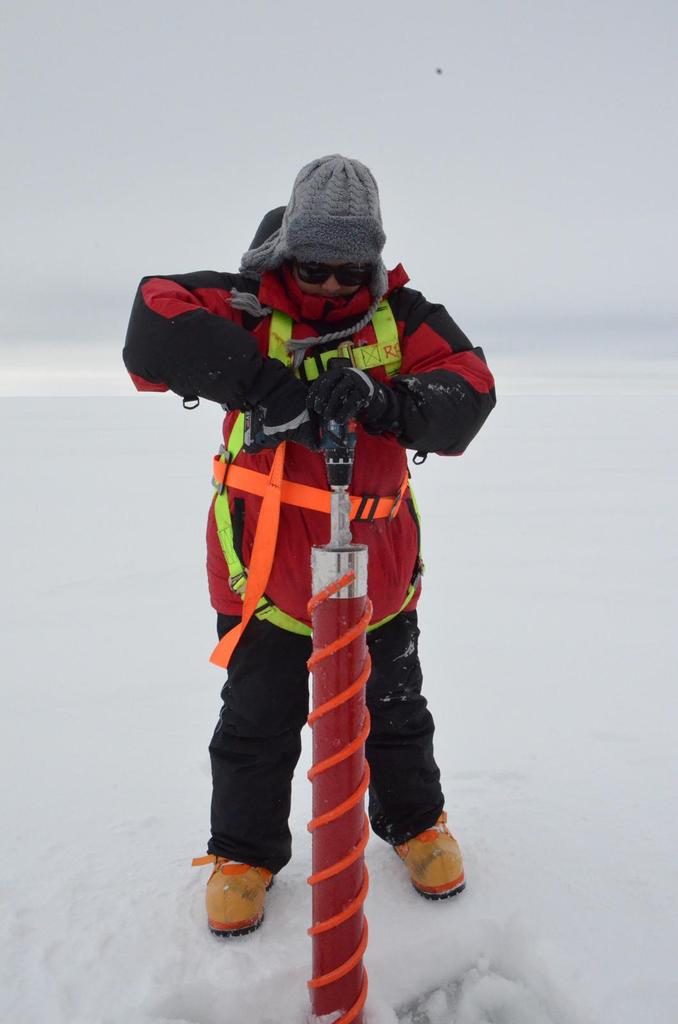
Establishment of the first sub-zero, temperature-controlled laboratory in Africa, for the simulation of the Antarctic and sub-Antarctic environment for experimental and training purposes. This innovation will bring new opportunities for polar research in Africa.
Read More

LATEST NEWS
SAPRI participates in the IASSIST 2025 Conference in Bristol, UK
In June 2025, Dr Anne Treasure, Manager of the Data, Products and Society (DPS) Integrated Facility (IF) of the South African Polar Research Infrastructure (SAPRI), attended the International Association for Social Science Information Service and Technology (IASSIST)...
SAPRI 2025/26 Marion Island Overwinterers Appointed
2025 saw the appointment of the second cohort of the South African Polar Research Infrastructure (SAPRI) team of Marion Island overwinterers in March. This dedicated team of marine mammal and seabird field researchers forms part of the Marion Island Top Predator...
SAPRI Inspires Youth at Ministerial Launch of NRF-SAAO’s Remote Operations and Visitor Centres
The South African Polar Research Infrastructure (SAPRI) was invited to exhibit at the Ministerial Launch of the National Research Foundation's South African Astronomical Observatory (NRF-SAAO)’s Remote Operations and Visitor Centres on 9 July 2025 in Cape Town, South...
QUICK LINKS
Latest Newsletter

We’d love to have you on board for all the latest in the SAPRI corner. Subscribe to our newsletter and receive regular news and updates about what we do.
COMING SOONSAPRI Data Centre

If you would like to submit data, or access data or other resources that other researchers have collected, please visit the SAPRI Data Centre.
